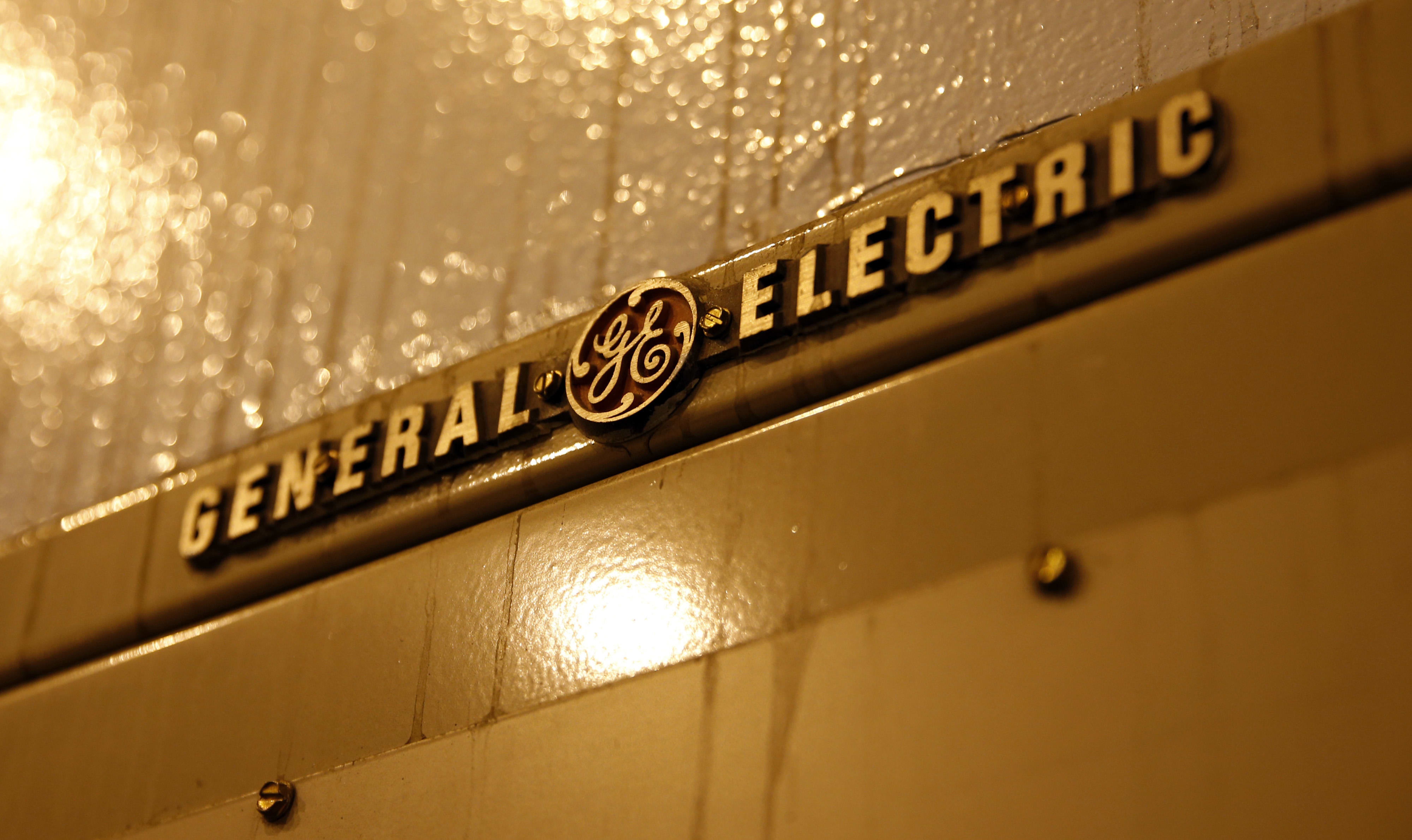Jeff Kowalsky | Bloomberg | Getty Images
GE said Monday that it intended to “exit the new build coal power market,” in a move that will see the industrial powerhouse place a renewed emphasis on renewable energy.
Over the years, GE has been deeply involved with the coal industry. Its website states it has 100 years of “coal-fired power service expertise” spread across more than 90 original equipment manufacturer brands. It has also described its GE Steam Power division as the number one “steam and coal power franchise.”
But Russell Stokes, GE senior vice president and president and CEO of GE Power Portfolio, said in a statement that the company was “focused on power generation businesses that have attractive economics and a growth trajectory.”
GE said the shift away from new coal-fired power plants could involve divestitures, the closing of sites and “job impacts,” and would be “subject to applicable consultation requirements.”
The firm’s Steam Power business will carry on servicing existing coal and nuclear facilities, as well as delivering turbine islands for the nuclear sector, it said.
Reacting to the news, the Natural Resources Defense Council’s (NRDC) Han Chen said: “It’s great news for our climate that GE is heeding the calls of communities around the world to stop financing and building new coal plants.”
“Coal plants are the biggest single source of global carbon emissions — which are fueling climate change,” Chen, who is manager of energy policy in NRDC’s International Program, added.
Wind power deal
GE’s move away from coal came on the same day the conglomerate announced it would supply the Dogger Bank Wind Farm with 190 turbines.
The 13 megawatt (MW) versions of the Haliade-X offshore turbine – which has 107 meter (350 foot) long blades – will be used for phases A and B of the scheme, which will be located in waters off England’s northeast coast. According to GE, one rotation of the Haliade-X 13 MW turbine can produce enough electricity to power a U.K. household for over two days.
A joint venture between Equinor and SSE Renewables, the Dogger Bank project will consist of three phases and have a capacity of as much as 3.6 gigawatts. The supply contracts are “subject to final notification to proceed,” GE said.
Commenting on the deal, U.K. Government Minister Kwasi Kwarteng said projects like this were “absolutely crucial to building back greener from the coronavirus pandemic — creating jobs, growing the economy and tackling climate change.”
